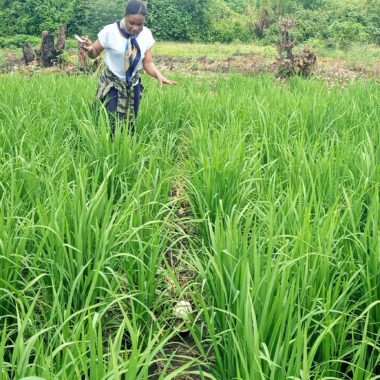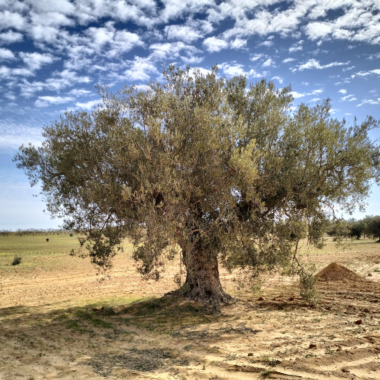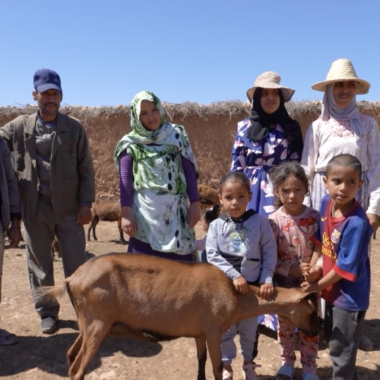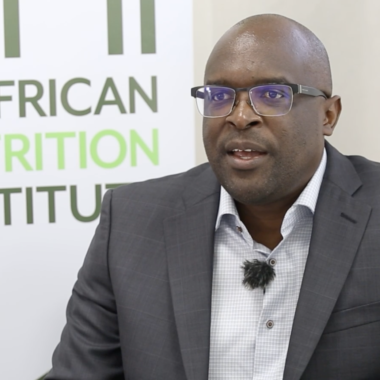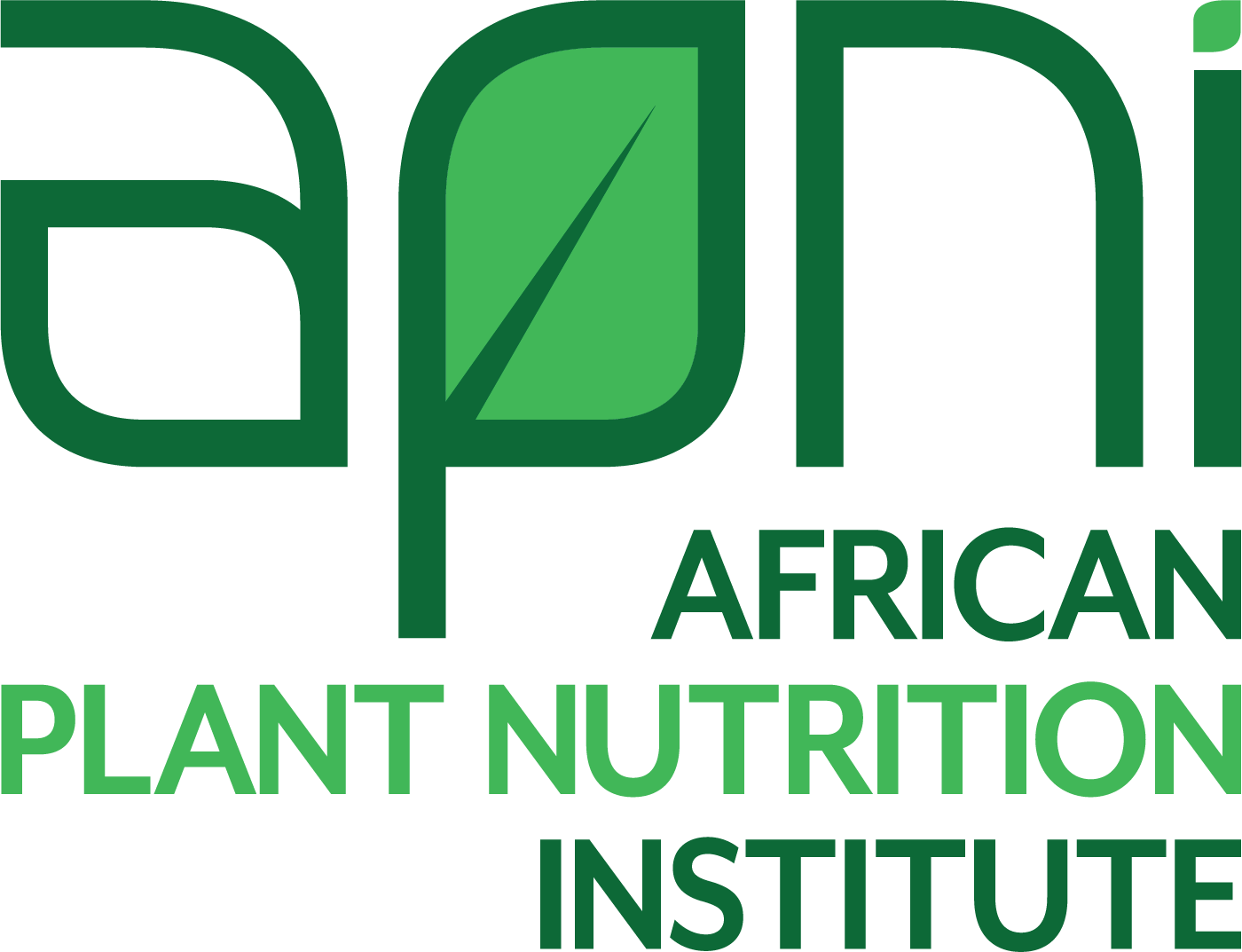
Media Release
www.apni.net/media-center
2020 Recipients of Young African Phosphorus Fellowship Award Announced
Awards of USD $5,000 have been conferred to five early-career African scientists to encourage scientific programs relevant to understanding and improving phosphorus (P) management in agro-ecosystems. These awards are sponsored by the African Plant Nutrition Institute (APNI), Mohammed VI Polytechnic University (UM6P), and OCP Group.
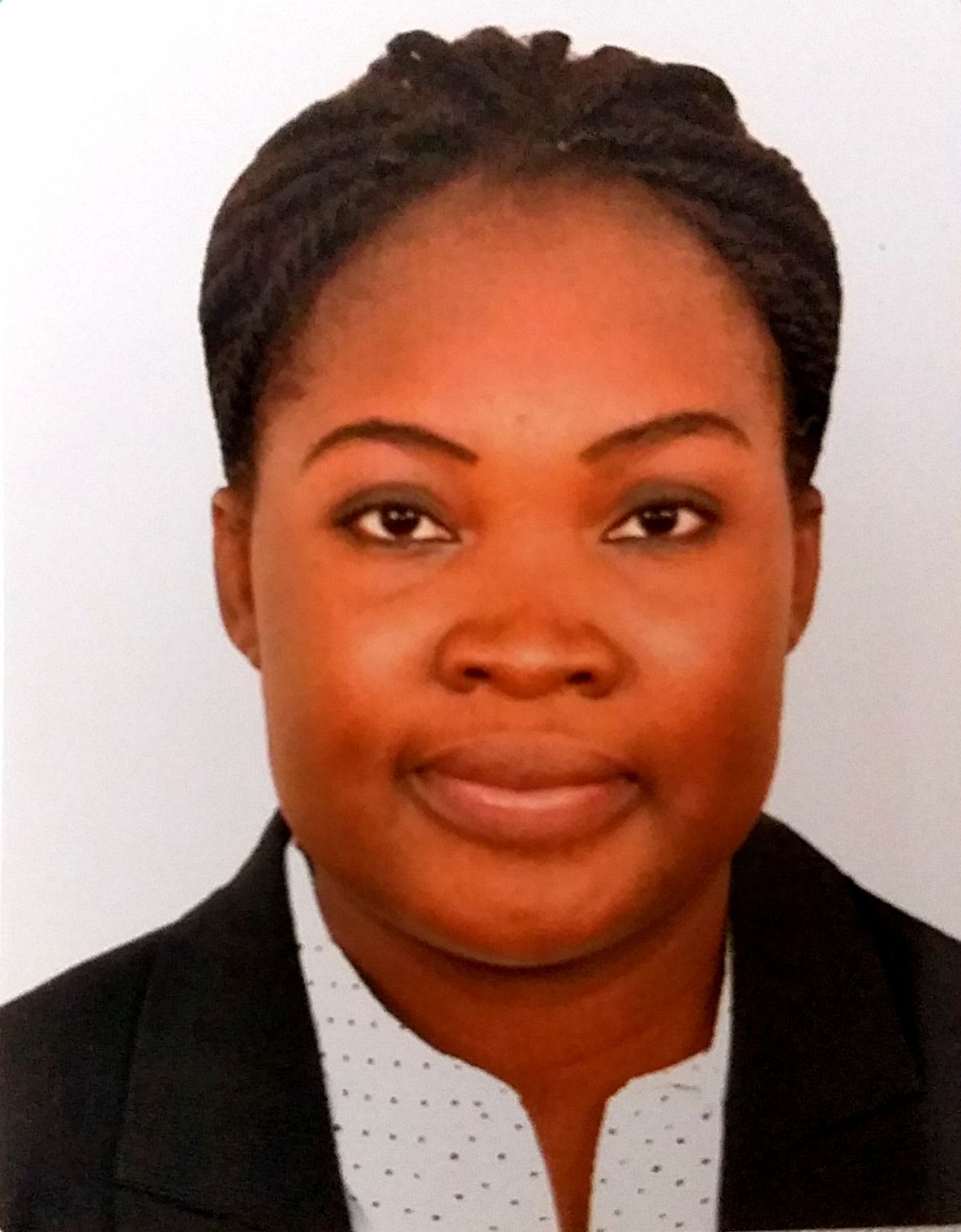
Dr. Dohan Mariam KIBA/SOMA — Institut de l’Environnement et de Recherches Agricoles, Department Gestion des Ressources Naturelles/Systèmes de Productions, BURKINA FASO
Dr. Soma’s project will assess the long-term transformation and use efficiency of P in Lixisol (Oxisol) soil as affected by crop rotation and fertilization practices.
It will be conducted through an existing long-term experiment established at Saria in the Centre West of Burkina Faso since 1960. The trial compares the effect of six fertilization practices (i.e., low mineral fertilizers, low mineral and organic fertilizers, low mineral with return of crop residues, high mineral fertilizers, high mineral and organic fertilizers) in three types of crop rotations (sorghum-sorghum, sorghum-cowpea, sorghum-cotton). This study will allow the identification and understanding of the drivers of sustainable P management in P-depleted soil of Sub-Saharan Africa.

Dr. Patrick MUSINGUZI — Department of Agricultural Production, School of Agricultural Sciences, College of Agricultural and Environmental Sciences, Makerere University, Kampala, UGANDA
Dr. Musinguzi’s research will evaluate ‘legacy’ P in fertilized maize fields with the goal of improved fertilizer management in Uganda.
This work will also reveal the potential of utilizing legacy P for sustaining soil productivity in highly P-fixing soils in the region. In each district, 18 farms that have been extensively using fertilizers will be selected and examined for the state of residual P in both fertilized and unfertilized maize fields. Recommendations for P-based fertilizer use will be developed based on legacy P data in order to increased the capacity for nutrient management in these tropical soils.
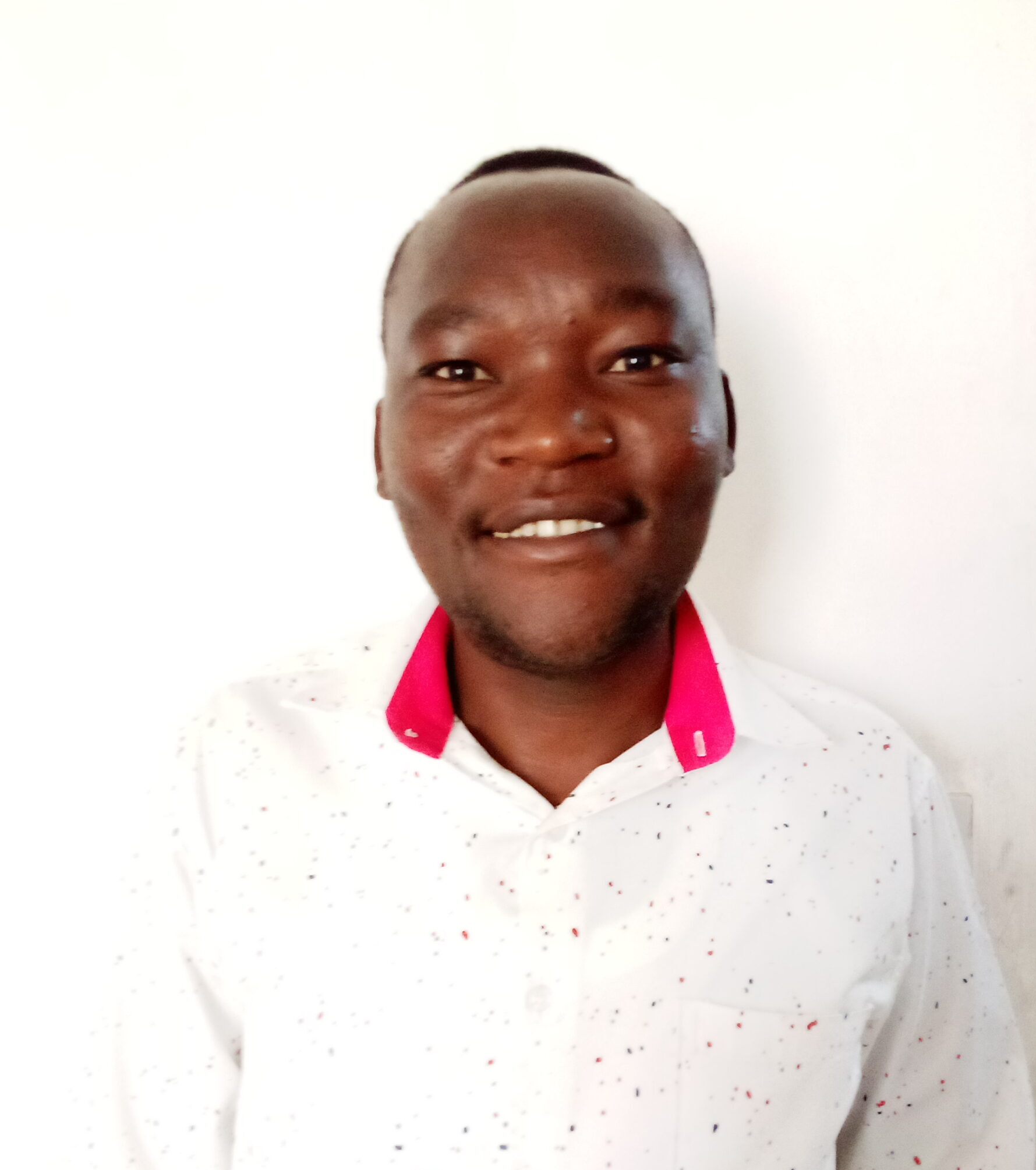
Mr. Seuri MOLLEL — Tanzania Agricultural Research Institute (TARI), Arusha, TANZANIA
Mr. Mollel will be verifying suitable P fertilizer rates for improved crop production in the northern zone of Tanzania.
The research intends to increase crop production by developing site-specific P fertilizer in three targeted districts of northern Tanzania. This work will also involve participation by farmers throughout the process to ensure the high adoption of technology through the establishment of farmer-managed trials in these targeted districts.

Dr. Esther MUINDI — Department of Crop Sciences, School of Agricultural Sciences and Agribusiness, Pwani University, Kilifi, KENYA
Dr. Muindi will be studying improved P management within the Kenya highlands by consolidating and resynthesizing available laboratory data and then sharing with key agencies.
This project aims to aggregate the already completed and analyzed data that has been shelved for 18 counties within the Kenya highlands. The project will compile and unify the P fertilizer recommendations so that they can then be disseminated back to farm organizations, county agricultural officers, local soil researchers, fertilizer manufacturers and policy makers. This synthesis of soil P management research will lead to improved fertilizer recommendations, enhanced fertilizer P efficiency, and greater agricultural production in the Kenyan highlands.

Dr. Austin PHIRI — Ministry of Agriculture Irrigation & Water Development, Department of Agricultural Research Services, Bvumbwe Agricultural Research Station, Limbe, MALAWI
Dr. Phiri will work to improve nutrient use efficiency and sorghum productivity through the pigeon pea-cowpea intercrop sorghum rotation cropping system among smallholder farmers in Malawi.
His research will profile the socio-economic, biophysical and gender status in the project areas in relation to soil fertility management and sorghum production. He will assess the performance of the pigeon pea-cowpea intercrop sorghum rotation cropping system under smallholder farmers’ conditions. He will also determine P and nitrogen (N) use efficiency and yield of sorghum in rotation with the legumes as influenced by the incorporation of pigeon pea and cowpea biomass into the soil. Dr. Phiri’s work will promote the improved use of appropriate P and N fertilizer for sorghum production among Malawian farmers.


